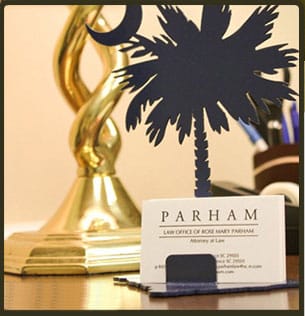If you face misdemeanor charges in South Carolina, the specific crime(s) law enforcement and the prosecution allege that you committed could be any number of “lesser” crimes, as opposed to the more serious crimes designated as felonies.
Even in terms of misdemeanors, however, South Carolina has three different classifications. Per the South Carolina Legislature, these misdemeanor classifications and their penalties are as follows:
- Class C misdemeanors: maximum incarceration of one year upon conviction plus maximum fine of $1,000
- Class B misdemeanors: maximum incarceration of two years upon conviction and fine range of $1,000-$2,000
- Class A misdemeanors: maximum incarceration of three years upon conviction plus maximum fine of $2,500
Types of crimes
While a variety of crimes fall under each category, representative crimes for each category include the following:
- Class C misdemeanors: disturbing a religious worship service; altering or falsifying a diploma or transcript; using a television or microwave radio facility without authorization; second vandalism conviction in 10 years
- Class B misdemeanors: enticing a child away from school attendance; assaulting or intimidating someone because (s)he exercised his or her right to express political opinions, etc.
- Class A misdemeanors: threatening a minor with physical violence by gang members; sending messages to or communicating with someone without his or her consent; third vandalism conviction in 10 years
Exempted misdemeanors
In addition to the three misdemeanor classes, some South Carolina misdemeanors have no classification. Instead, each of these crimes carries its own separate penalty. Such crimes as a first vandalism conviction or destroying a Venus flytrap plant fall within the exempt “classification.”
With so many misdemeanors in South Carolina, if you are charged with one, make sure you know exactly what crime it is that law enforcement officials and prosecutors allege you committed so you know how to defend yourself. This is general information only and not intended to provide legal advice.


